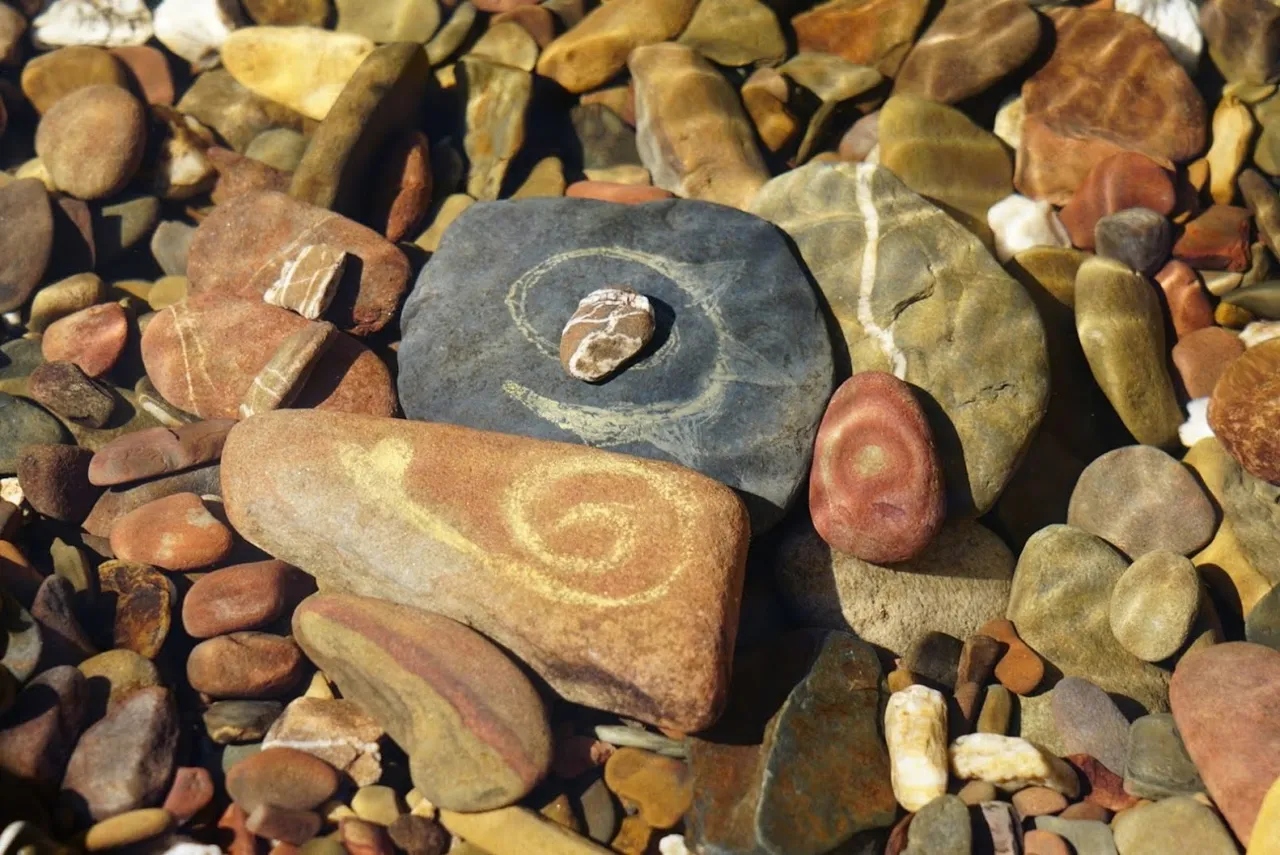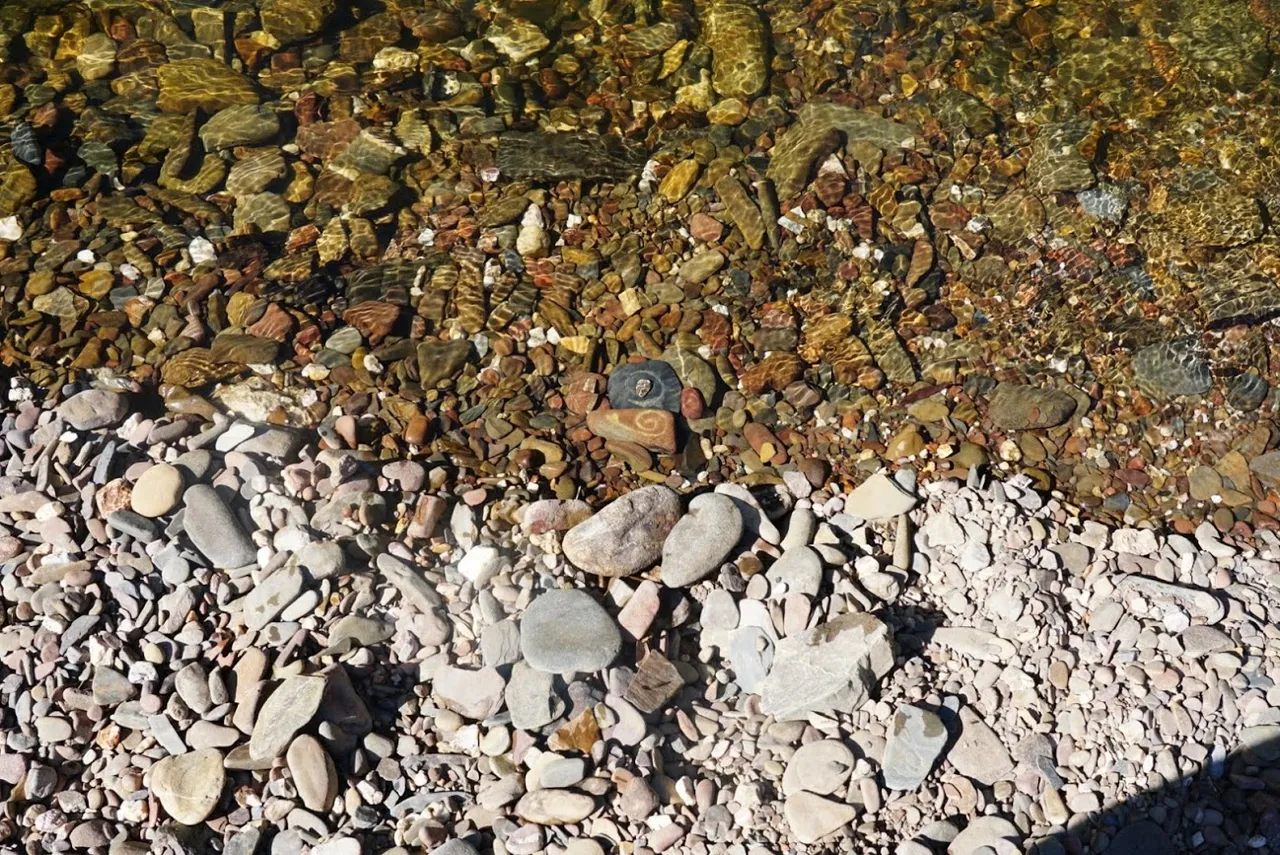It's said that you can learnt anything, should you practice it enough. I do have a tendency to moan that I can't juggle, but it's only because I haven't practiced juggling. I'm awful at ball sports, but it's only because I refuse to play ball sports because - well, boring. But I know full well that if I trained my brain and body to throw spinning chainsaws through the air, I'd be just super at it, if missing a few fingers. I'm good at stand up paddle boarding and yoga, but it's because I've devoted a lot of time and energy to it.
We become good at the things we love because we love them, and because we are good at them, we often love them.
But how much time do we dedicate to practice different sorts of habits, such as compassion or non judgement?
I used to think that these were just qualities that we had, like being born with arms and legs and eyes. How difficult could it be to be compassionate, kind, loving?
As I've got older, I realise that these important human qualities need to be nurtured, just as you'd tend a plant or a baby animal.
Sure, we possess the ability to be compassionate and kind, but sometimes it's not our first reaction.
We're often operating on a knee jerk level to the world around us, based on samskaras - all the stories and narratives of our life experiences, and past life experiences perhaps, that create unconscious patterns. The more we repeat these judgements, the more they become like stone, so we react without thinking, often to our detriment. Our ego loves to act based on these samskaras, comparing everything we experience with what we've experienced before, negative or positive. The trick is to use our intellect to judge rather than the ego. The ego will judge impulsively. It's quick reaction, often immediate, judging people on how they look, speak, act. The more we allow this, the more it happens. We judge without paying attention to why we might be judging and what the effect of this might be, or whether we are even right - and how subjective 'right' might be. The worst thing is that it separates us from others, focussing on differences rather than similarities - that person is less or more than us, whether they're prettier, uglier, richer, poorer - a lesser kind of person than us. And the more we do it, the more separate we become, solidifying samskara more in our beings.

“Through the practice of the eight limbs of Yoga, the impurities of the mind dwindle away and there dawns the light of wisdom, leading to self-realization.” - Sutra 2.28, Yoga Sutras of Patanjali
The more we sharpen the intellect, the more we can abolish the tendency to judge. The more we move away from judgement, or the more we notice what it is our mind is doing, the more we can remove ourselves from reacting in ways that can be damaging to ourselves and others.
And it is a practice. We have to be careful of reprimanding - judging - ourselves when we get it wrong. I often think it's okay to think something, but as long as we don't react and work to adjust our thinking, the process becomes quicker so that eventually, our first thought is compassion or the light of wisdom, seeing things as they really are rather than what our samskara cause us to imagine them to be.

I don't like it when I act in a way that is a result of my ego, of the stories that it tells about people and situations. I often feel shame when I get it wrong or I find out more information that gives me a clearer picture. How awful you can feel when you judge someone badly and then realise that they've been having a difficult time in their personal lives, or you don't have the entire story to understand their behaviour. I don't like being manipulated to believe a story about the world or myself by the media, by society and culture. It's why a meditation practice is important, so I'm always curious about the fluctuations of the mind, probing and discovering why it is I have that particular aversion or attachment, observing from a distance, and working to letting it go, or at least letting it be. It's a life long practice, because this process of judgement is happening all the time. But I find that if I'm practicing noticing, if I'm paying attention, I can react less - violently? - to the situation at hand. Because judgement is a kind of violence, robbing people of their dignity, separating them from us, rather than working toward union and oneness.
The more I practice, the easier it becomes.
It's a fierce act of resistance to the stories that imprison and bind us, and that separate us from our true selves.
This is a response to the Ecotrain question of the week that asks us how we manage 'judgement'. You can find it here






